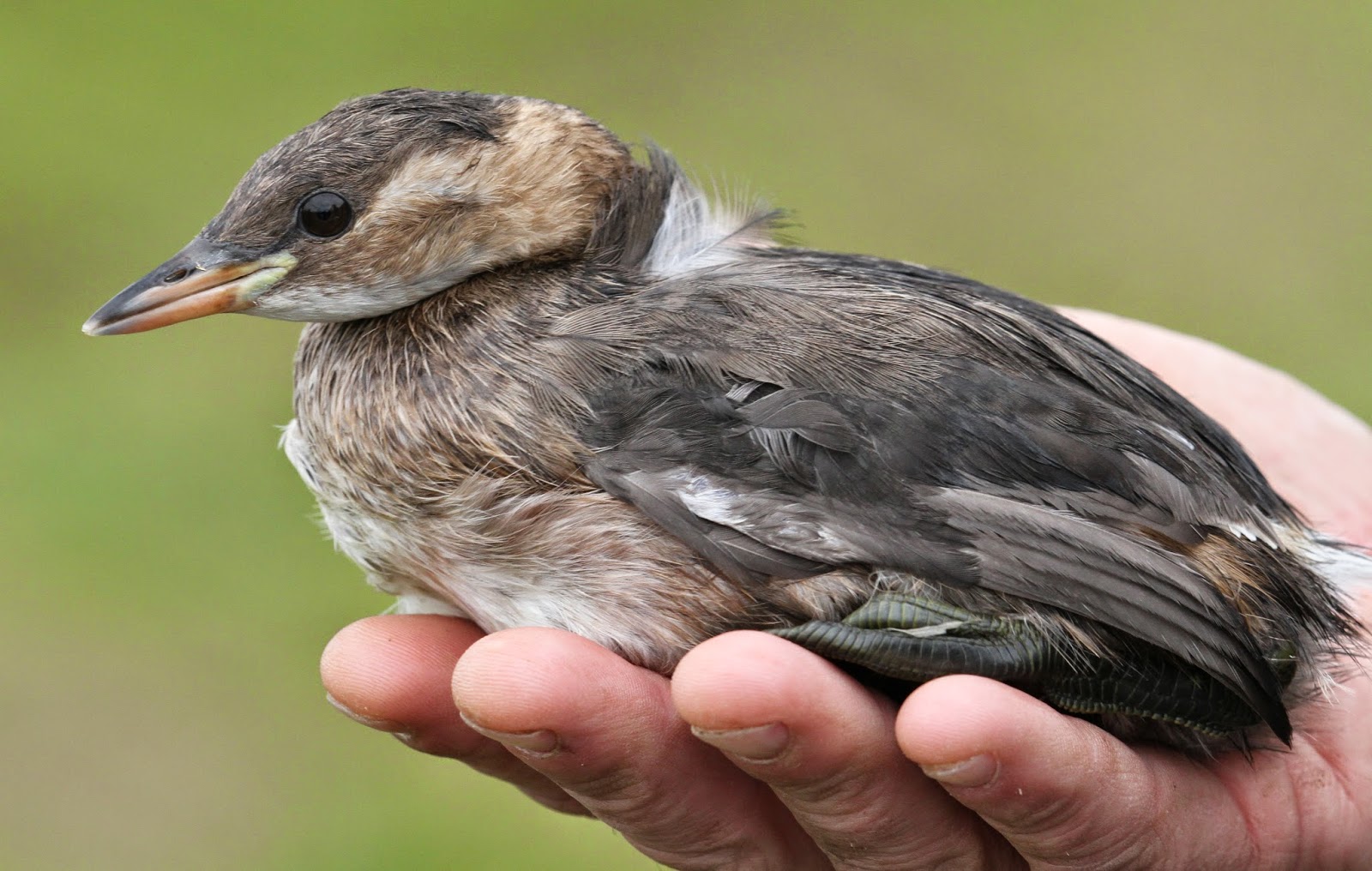It was a pleasure having Tom up here for a couple days and good to find out about some of the amazing work being carried out tagging Nightjars at Dersingham. We wish Tom and his colleagues well with their ringing activities and look forward to hearing about all the soon to be caught Little Grebes in Norfolk.
Pages
- Home
- Dec' 25
- Nov' 25
- Oct' 25
- Sept' 25
- Aug' 25
- July 25
- June 25
- May 25
- Apr' 25
- Mar' 25
- Feb' 25
- Jan' 25
- Dec' 24
- Nov' 24
- Oct' 24
- Sep' 24
- Aug' 24
- July 24
- June 24
- May 24
- Apr' 24
- Mar' 24
- Feb' 24
- Jan' 24
- Dec' 23
- Nov' 23
- Oct' 23
- Sep' 23
- Aug' 23
- July 23
- June 23
- May 23
- Apr' 23
- Mar' 23
- Feb' 23
- Jan' 23
- Dec' 22
- Nov' 22
- Oct' 22
- Sept' 22
- Aug' 22
- Jul' 22
- Jun' 22
- May 22
- Apr' 22
- Mar' 22
- Feb' 22
- Jan' 22
- Dec' 21
- Nov' 21
- Oct' 21
- Sep' 21
- Aug' 21
- Jun' 21
- Jul' 21
- Mar' 21
- May 21
- Apr' 21
- Feb' 21
- Nov' 20
- Jan' 21
- Dec' 20
Welcome to the LDV NNR ringing blog, this blog is designed to share the experiences, findings and tales from a group of dedicated ringers. We specialise in conservation orientated research projects, largely focusing on wildfowl, waders, owls and birds of conservation concern, in and around the Vale of York NNR's.
NB - Whilst the purpose of this blog was initially designed to cover our nationally important wildfowl ringing activities, it now also features wildlife and work posts, explaining how we manage the NNR for both wildlife and people.
For daily sightings please visit our Twitter account: https://twitter.com/ldv_nnr (@LDV_NNR)
For details of events, volunteer tasks and wildlife images please visit our Facebook account: https://www.facebook.com/Lower-Derwent-Valley-Skipwith-Common-NNR
Sunday, 7 December 2014
05/12/14 - A welcome visitor
It was a pleasure having Tom up here for a couple days and good to find out about some of the amazing work being carried out tagging Nightjars at Dersingham. We wish Tom and his colleagues well with their ringing activities and look forward to hearing about all the soon to be caught Little Grebes in Norfolk.






No comments:
Post a Comment